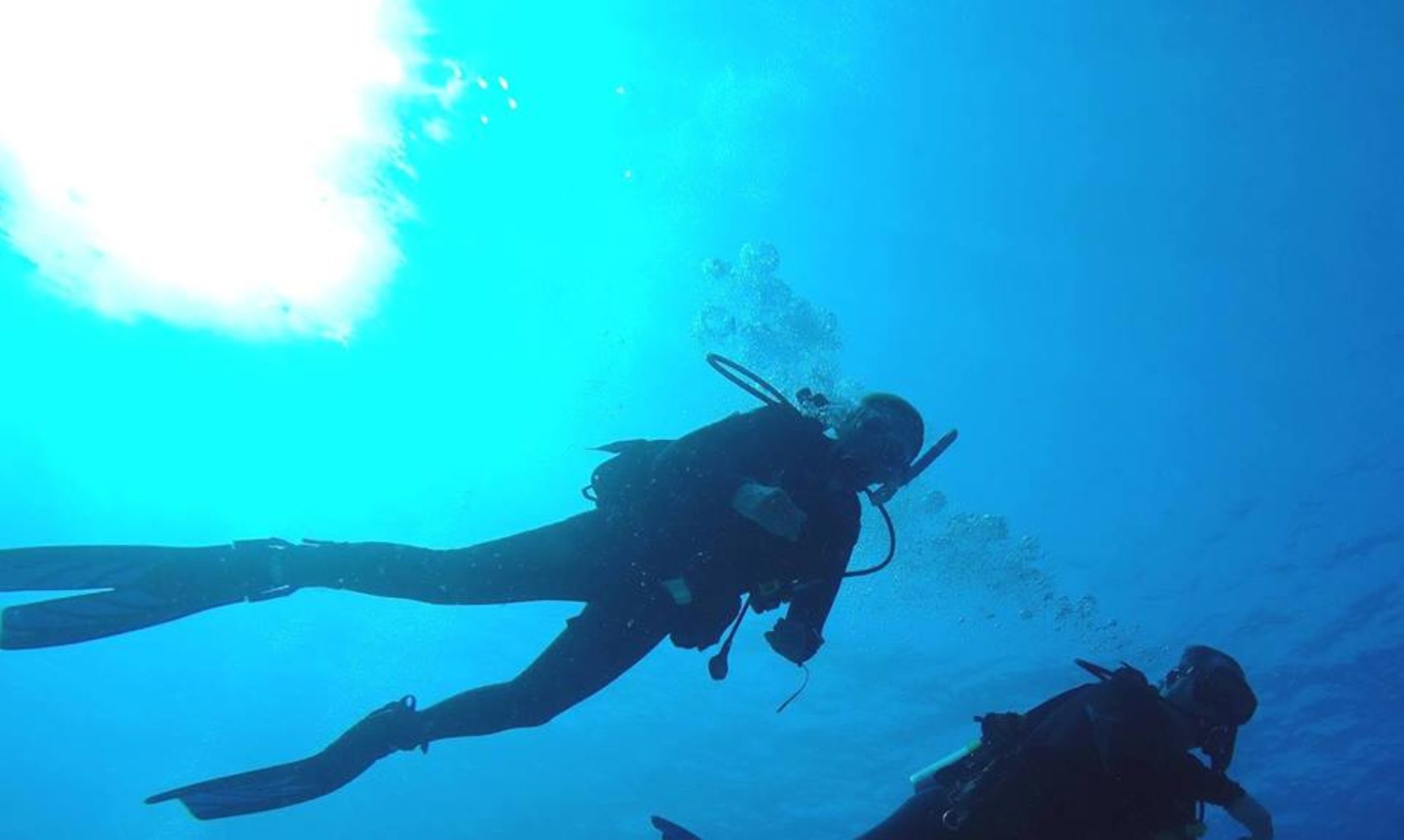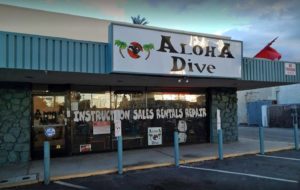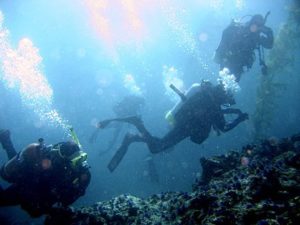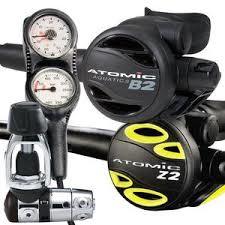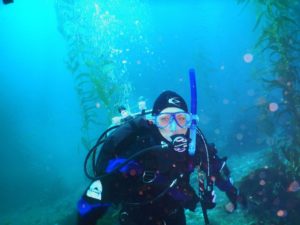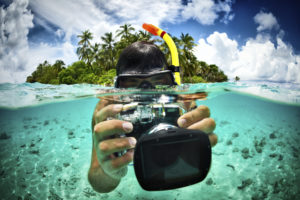In one of my past articles I mentioned that I had a conversation with a friend of mine and we were talking about a person who walks into a dive shop to gather information about a certain product or service with NO intention whatsoever of purchasing either.
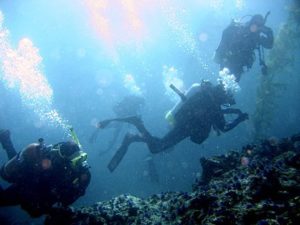
My friend’s opinion was, this type of person, or customer, IF you want to call them that, is nothing but a user and a thief. My opinion is that maybe the word thief is strong, but they take and use without paying and is this not stealing? That type of person uses and takes the knowledge of a professional person and steals their time. They give nothing in return. They take the time of the person helping them and interfere with the establishment’s ability to help a “true” customer. When I am helping a customer my phone calls go to voicemail and I ask the next person who walks into the shop to please be patient, I will be with them as soon as I am finished. I give the person I am helping my undivided attention…hence I cannot help a true customer while this person is stealing my time. I am of the opinion that time is a luxury we cannot afford to waste.
Another friend of mine, who has been in business for some time, and I were discussing our thoughts on “loyalty of customers” when it comes to small business. My friend was of the opinion that there is no more loyalty in business any longer. I asked him why, “how do you come to that conclusion?” His answer was, “Modern age of technology, via the internet; more customers are price driven than loyalty driven”. I disagree. I am of the opinion there still is some customer loyalty with small business, maybe not as much as the past, but there is still some.

I believe small business are the backbone of any industry, and the same pertains to independent dive shop stores like ALOHA DIVE. Many small business owners, including myself, spend years developing customer relations or “loyalty.” You do have those certain customers who you think are loyal but then you find out differently. Let me share a brief story about such a past customer with ALOHA DIVE. We at ALOHA DIVE are continually working on perfecting our customer service and helping all of our customers. With that being said, I had a previous customer who wanted to buy a wetsuit. This “customer” stated that they needed some time to save the money, but didn’t want to stop diving. I made a decision to let this person use one of our rental wetsuits, at no charge, for a period of time, to give them the time to save the money needed to purchase the wetsuit. After a number of months, this person came into my store to drop off the wetsuit. I asked “Are you ready to buy the suit you have been asking me about and the one you tried on?” The person’s answer was “NO” I bought one from another dive shop. Needless to say I was surprised, but asked why. The answer was “I got it cheaper.” I asked “why didn’t you come to me first, maybe I could have matched the price” and all I got was a “dumb look.” This person took my time & knowledge to another shop and asked them to beat my price. Why?
During the time when this person was “sucking my knowledge and time” out of me they also were asking me about dive computers. Again, I was under the impression this person was a “loyal customer”, but as I learned later they also bought a computer from another dive shop. A mutual friend of ours asked this person, “Why did you buy this equipment at other shop when ALOHA DIVE has been so giving and loyal to you?” This person answer was “Loyalty doesn’t pay my bills!” When I heard that, my answer was it pays mine and letting people use equipment without paying for it does not pay my bills. Needless to say I fired that customer and I never want to see that person in my dive shop again.
It seems customers of today want things “Good, Fast and Cheap” and that’s ok if that’s what you want. However, my feelings are you can only pick two. You cannot have all three. I.e. if it’s Good and Fast is not Cheap. If it’s fast and cheap it’s not good.
Any small business depends upon customer loyalty, that’s how they survive. When a customer is loyal to any business you will be amazed how that business owner and their employee(s) will go above and beyond for you. If the business charges a little bit more than a competitor, maybe it’s worth it because you have their support and help when you need it and that goes along way.
ALOHA DIVE has many loyal customers and I am very blessed for that. ALOHA DIVE understands the modern technology via the internet is here to stay and customers are looking for the best value at the best price. However, when it comes to scuba diving where you are going into another world that could be hostile, you need a dive professional. ALOHA DIVE will give you expert professional training and sell you the right gear in order to reduce the risk of injury. We will ask you and evaluate your long term goals and customize a package that is right for you! We will be there to help you and will stand behind any product you purchase from us, and if you do find something for less, give us the chance to match or beat the price.
Our goal at ALOHA DIVE is to establish long term customer loyalty. We will go the extra mile to ensure you get the best value for your dollar with expert training to ensure YOUR safety!
Scuba Diving is a safe, fun and enjoyable sport. The formula is simple:
COMFORT + SAFETY= ENJOYMENT.
This article represents the opinion and views of Chris Russello, the President and Director of Training with ALOHA DIVE a worldwide Instructor trainer with over 43 years of diving experience. He welcomes your comments and opinions. You can contact him by Email at aloha@dive-aloha.com
